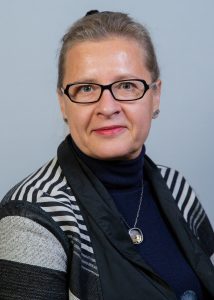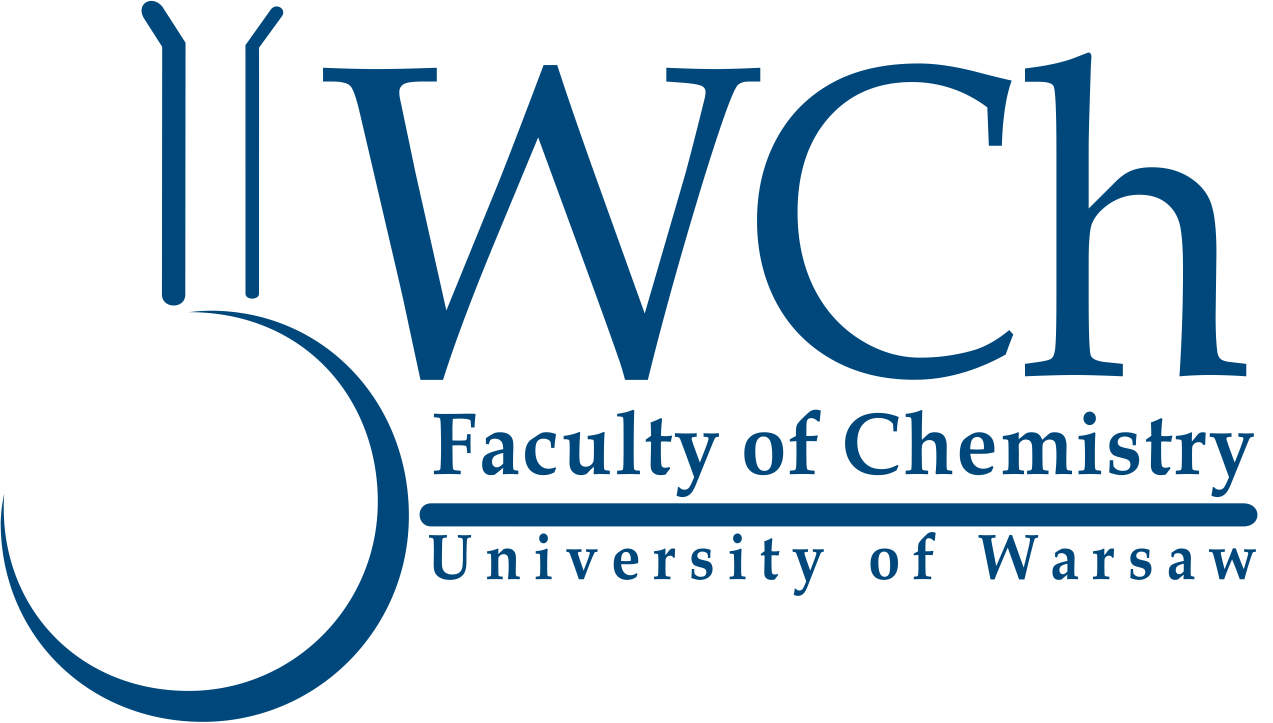Anna Krylov
 Anna I. Krylov is a professor in the chemistry department of the University of Southern California (USC) in Los Angeles. Born and raised in Donetsk (present Ukraine), Krylov completed her master’s degree at Moscow State University in 1990. She earned her Ph.D. in physical chemistry from the Hebrew University of Jerusalem for the dissertation “Dynamics of Reactions in Molecular Solids” (1996). She undertook her postdoctoral training in the group of Professor Martin Head-Gordon at the University of California in Berkeley. In 1998 Krylov joined USC, where she is now a USC Associates Chair in Natural Sciences and a Professor of Chemistry.
Anna I. Krylov is a professor in the chemistry department of the University of Southern California (USC) in Los Angeles. Born and raised in Donetsk (present Ukraine), Krylov completed her master’s degree at Moscow State University in 1990. She earned her Ph.D. in physical chemistry from the Hebrew University of Jerusalem for the dissertation “Dynamics of Reactions in Molecular Solids” (1996). She undertook her postdoctoral training in the group of Professor Martin Head-Gordon at the University of California in Berkeley. In 1998 Krylov joined USC, where she is now a USC Associates Chair in Natural Sciences and a Professor of Chemistry.
Professor Krylov is a theoretical chemist, particularly recognized for her work in developing computational methods to describe electronic properties of open-shell and excited-state molecules. She is credited for introducing the spin-flip methodology to quantum chemistry. Krylov demonstrated that by using the spin-flip technique a broad class of problems with strong correlation can be described within a single-reference wave function formalism– which is crucial for running cost-effective calculations. Spin-flip techniques are nowadays combined with various models of quantum chemistry, and they are successfully used to study the electronic structure of radicals, bond-breaking processes, conical intersections, and other systems with unpaired electrons. Majority of the Krylov’s research is centered on the equation-of-motion coupled cluster (EOM-CC) theory. Her contributions have tremendously broadened the scope of applications of the EOM-CC theory in modern quantum chemistry. Together with her collaborators, Krylov showed how the family of EOM-CC methods can be successfully applied to model physical observables in photoionization, photodetachment, core-level excitations, and other types of electronic spectroscopies. The theoretical methodologies she develops have proved its applicability to describe electronic properties of not only small molecules, but also biomolecules and condensed phase solutes. Professor Krylov’s developments are significant from fundamental point of view, and, at the same time, they also serve to uncover the molecular foundations of processes such as combustion, catalysis, bioimaging, solar energy harvesting, or quantum information processing. Professor Krylov gives special attention in her studies that the results obtained with complex quantum-chemistry machinery have physically sound interpretation and could be explained with some simplistic models (e.g. based on Natural Transition Orbitals). In this way, the advanced methods of modern quantum chemistry become more intuitive and more accessible – also to non-specialists.
In addition to her scientific work, Professor Krylov takes also a very active role in promoting the academic community and popularizing science. She has served on editorial boards of several top journals related to physical chemistry (e.g. Physical Chemistry Chemical Physics, Annual Reviews of Physical Chemistry, The Journal of Chemical Physics, WIRES Computational Molecular Science). She has delivered multiple public lectures and series of tutorials dedicated to young researchers and any science enthusiast. She is the president of Q-Chem Inc., one of the world’s leading quantum chemistry software teams. Her research in quantum chemistry has been already recognized by numerous prestigious awards including the Dirac Medal from the WATOC association (2007), the Bessel Research Award from the Humboldt Foundation (2011), the Plyler Prize for Molecular Spectroscopy and Dynamics from the American Physical Society (2020). Krylov is also an elected member of the International Academy of Quantum Molecular Science, the Academia Europaea, and the American Academy of Sciences and Letters.
